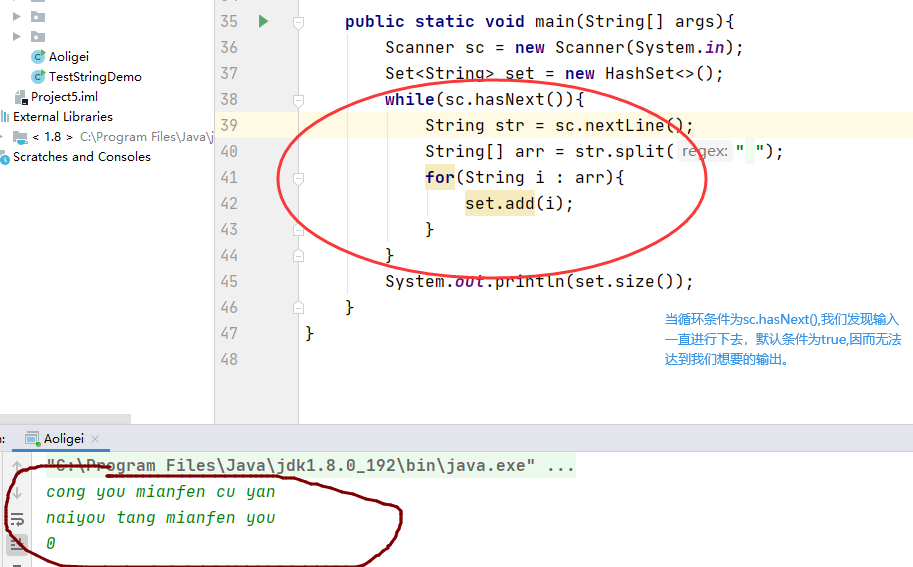

- #JAVA JXL HASNEXT SOFTWARE#
- #JAVA JXL HASNEXT FREE#
UnsupportedOperationException: This exception is usually thrown when modifying a list object by adding or removing an operation that does not support modification. To resolve this exception, next() must be called to refer to the first item and then remove() can be called to remove the same from the list. This is because the method attempts to remove an element that is not yet specified by the next() method and hence fails. IllegalStateException: If the remove() method is called before the next() method, then this exception is thrown. There are 2 kinds of exceptions that can occur here: Hence always a hasNext() has to be used before calling next(). NoSuchElementException: This occurs if the next() tries to retrieve an element that does not exist in the present list. While iterating through a set of elements and fetching them by this method. Here we shall get to know the different kinds of exceptions we get while implementing the iterator methods. Therefore, it will crash or throw an exception if tried to access an element that is not present in the next iteration. In a list of elements, an iterator can fetch information only on the existing elements. ("The values of iteration are as follows: ") Also, this is a method newly introduced by the Oracle Corporation in their Java SE 8 release.īelow is the example of Iterator in Java: forEachRemaining(): This method executes all the remaining elements in the collection until they have been processed or until an exception is thrown. In case this method is called previous to the next() method, it throws “IllegalStateException.” remove(): This method removes the present element returned by the iterator from the collection. Suppose no elements are returned in the next iteration, then a “NoSuchElementException” is thrown. next (): This method returns the element value present in the coming iteration. hasNext(): This is a method that returns boolean true if the iteration has a next element present and boolean false if there is no element present next. Iterators have 4 methods in Java that are used to traverse through collections and retrieve the required information. Iterator iter = erator() Methods of Iterator in Java “collection” is the collection object’s name. #JAVA JXL HASNEXT SOFTWARE#
Web development, programming languages, Software testing & others Iterator iterator()īelow the iterator is the name of an object created by calling iterator() method of collection interface.
#JAVA JXL HASNEXT FREE#
Start Your Free Software Development Course





 0 kommentar(er)
0 kommentar(er)
